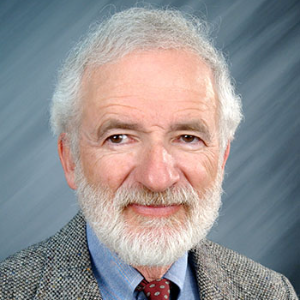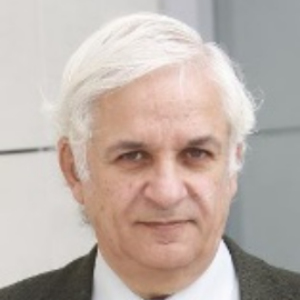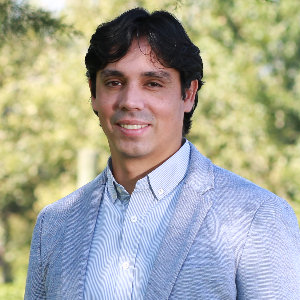Industrial Catalysis and Process Engineering
Catalysis is significant in the chemical industry and industrial research. Various catalysts are constantly being developed in order to meet economic, political, and environmental objectives. It is feasible to replace a polluting chemical reaction with a more ecologically friendly alternative when utilising a catalyst. This is important for the chemical industry today and in the future. The rationale for this is simple: catalysts are used in most chemical and petroleum products to increase reaction rates and selectivity to desired products. Catalysts are also widely employed in environmental applications to reduce dangerous by-product pollutants.
At an industrial level, process engineering is the understanding and application of fundamental natural principles and laws that allow people to transform raw materials and energy into products that are beneficial to society. Process engineers can create techniques to synthesis and purify vast quantities of desired chemical products by utilising natural driving forces such as pressure, temperature, and concentration gradients, as well as the law of conservation of mass. Process engineers assist in the transformation of raw resources into useful everyday items. In the manufacturing industry, they are in charge of developing, executing, controlling, and optimising industrial processes and machinery. These procedures can be chemical or biochemical in pharmaceutical and medical device manufacture.

Arthur J Nozik
University of Colorado, United States
Stanislaw Dzwigaj
Sorbonne-Universite-CNRS, France
Haibo Ge
Texas Tech University, United States
Ashanendu Mandal
University Of Calcutta, India
Victor Cerda
Sciware Systems, Spain
Tokeer Ahmad
Jamia Millia Islamia, India


Title : Application of metal Single-Site zeolite catalysts in catalysis
Stanislaw Dzwigaj, Sorbonne-Universite-CNRS, France
Title : Designing of nano-sized heterostructures for hydrogen production using overall water splitting
Tokeer Ahmad, Jamia Millia Islamia, India
Title : United Nations’ strategy responding to climate change
Dai Yeun Jeong, Asia Climate Change Education Center, Korea, Republic of
Title : Thermal and mechanical processes and reactions in reversible behavior of shape
Osman Adiguzel, Firat University, Turkey
Title : An innovative magnetic resonance spectroscopic method for catalysts’ activities
Mohamed A Morsy, King Fahd University of Petroleum & Minerals, Saudi Arabia
Title : Engineering stable, expressible, functional industrial enzymes with protein sequence likelihood models
Shawn Reeves, University Of Waterloo, Canada